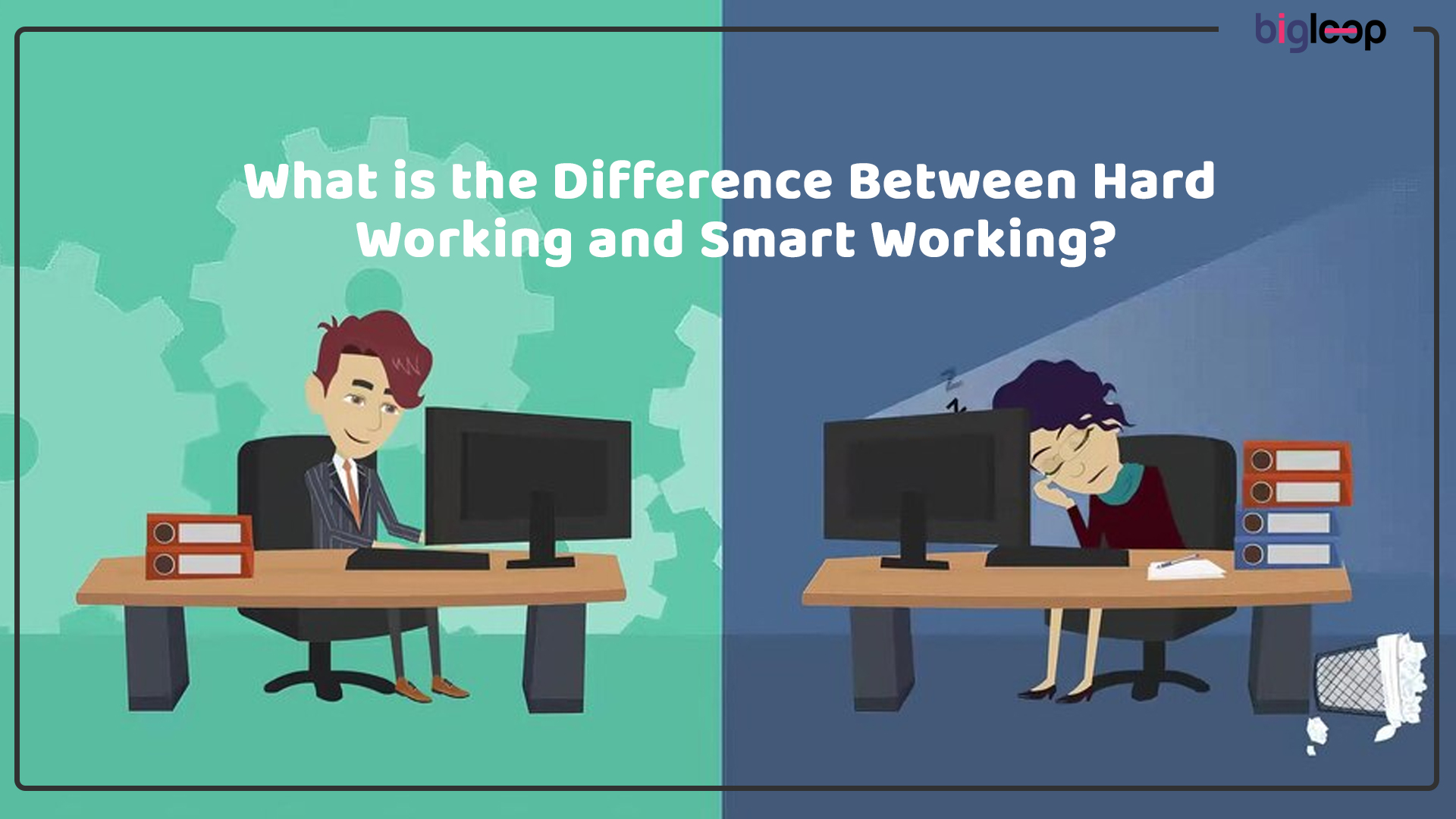

It is thus important in individual and organizational performance to understand the difference between hard and smart work. While you are at work, hard work means reporting to the-office early and working for many hours and with much energy, Smart work, on the other hand, is working smart and with much efficiency and productivity. While exploring these topics, this article also includes the examples, tips on how to pass the interview and other useful information.
Effort here focuses on the amount of time one spends on tasks or the effort expended in tasks. It entails devotion, commitment, and zeal in the procurement of daily tasks. A hard worker has to work more than usual, extending efforts for the achievement of an objective.
On the other hand, smart work focuses on working towards the accomplishment of identified goals using proper strategies and an efficient approach. This is mostly the use of tools, technologies, and techniques in the management of an organization with a view of enhancing productivity.
Question: “Can smart work be considered as the right substitution for hard work?”
Answer: While hard work means providing time and effort to certain tasks and requiring extra time and effort beyond that, smart work is about achieving similar or better results through proper planning, appropriate tools, and gadgets. Hard work may be tiring, but smart work yields long-term results.
H2: Question: This question is worded as follows in the green font: ‘Can you give an example of when you once applied smart work to accomplish something?’
Answer: “I established a more efficient approach to managing multiple projects using upgraded software to track progress, reducing administrative work and improving project efficiency, which led to finishing projects 20% faster.”
Hard Work: Learners who spend long hours compiling lessons and assignments.
Smart Work: Students who take notes of important points and focus on key aspects instead of wasting time.
Hard Work: Employees working overtime to complete tasks.
Smart Work: Employees using time trade-offs and focusing on effectiveness.
Hard Work: People spending long hours in the gym daily.
Smart Work: Individuals following a balanced fitness plan that includes rest and recovery phases.
Both hard work and smart work are crucial in the current global economy. The key to success lies in finding a balance between the two. Hard work instills discipline, while smart work enhances effectiveness and productivity. When combined, they lead to both short-term and long-term success.
It's crucial to distinguish between hard work and smart work. Hard work involves effort, while smart work focuses on effectiveness. Integrating both ensures optimal output, leading to success.
© 2025 BigLeep All rights reserved. Powered by Mify Solutions Pvt. Ltd.